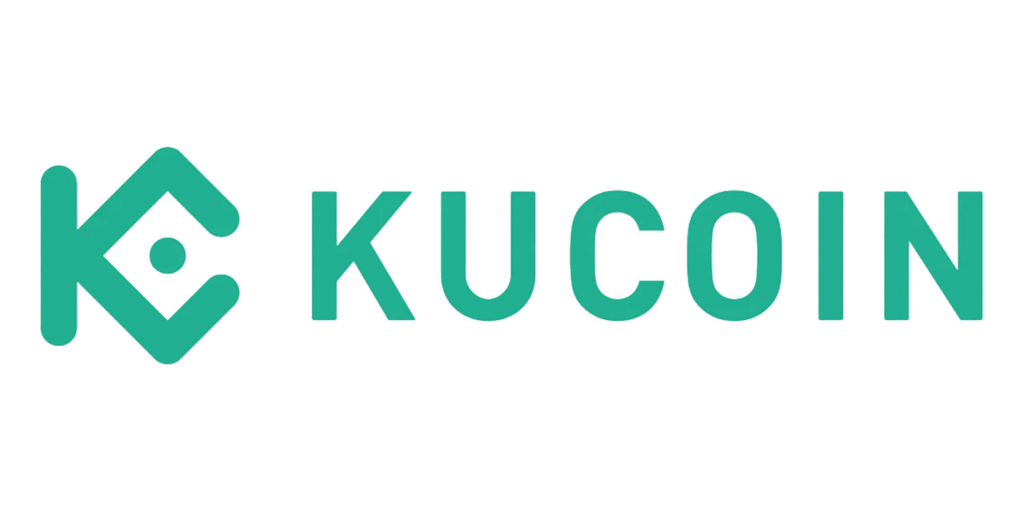Summary
Afghanistan’s cryptocurrency landscape operates without clear regulations, with Da Afghanistan Bank maintaining a cautious stance. The P2P trading market has gained significance due to limited traditional banking options. While the Afghan Afghani (AFN) has restricted support on crypto exchanges, international platforms facilitate trading through USD and stablecoins. For secure and reliable trading, here are best crypto exchanges in Afghanistan:
Best Crypto Exchanges in Afghanistan
The cryptocurrency market in Afghanistan presents unique challenges and opportunities. While the country lacks explicit cryptocurrency regulations, international exchanges have adapted their services to accommodate Afghan traders. Security, payment flexibility, and trading features are critical factors in selecting suitable platforms.
Afghan users primarily rely on P2P trading and international payment methods. The following analysis examines top exchanges based on accessibility, security measures, and trading capabilities for Afghan residents.
1. Binance
2. Bybit
3. MEXC
4. KuCoin
5. OKX
Is Crypto Legal and Regulated in Afghanistan?
Cryptocurrency regulation in Afghanistan exists in a complex legal environment. Da Afghanistan Bank (DAB), the central bank, maintains oversight of financial activities but has not established comprehensive cryptocurrency regulations.
The Financial Transactions and Reports Analysis Center of Afghanistan (FinTRACA) monitors financial activities for potential risks and money laundering concerns. While cryptocurrency trading isn’t explicitly prohibited, the lack of regulatory framework creates operational challenges for businesses and traders.
Key regulatory aspects include:
- No specific licensing requirements for cryptocurrency exchanges
- Absence of formal guidelines for cryptocurrency businesses
- Limited integration with traditional banking systems
- Ongoing regulatory development potential
Is Crypto Taxable in Afghanistan?
The taxation framework for cryptocurrency in Afghanistan remains undefined. The Ministry of Finance has not issued specific cryptocurrency tax guidelines, creating uncertainty for traders and investors.
Current taxation considerations:
- Business income tax rates (0-20%) may apply to trading profits
- Capital gains taxation remains unclear for crypto assets
- Mining income lacks specific classification
- International transaction reporting requirements vary
Disclaimer:
Tax laws are subject to change, and individual circumstances may vary. It is strongly advised to consult with a qualified tax professional or financial advisor for personalized guidance on cryptocurrency taxation in Afghanistan.
How to Buy Crypto in Afghanistan
Acquiring cryptocurrency in Afghanistan requires careful consideration of available payment methods and exchange options. Binance provides comprehensive services for Afghan users, supporting multiple payment methods and maintaining robust security measures.
- Select a Crypto Exchange
- Verify payment method compatibility: Ensure the exchange supports your preferred payment options.
- Review KYC requirements: Understand the Know Your Customer (KYC) processes involved.
- Assess security features and track record: Evaluate the security protocols and the exchange’s history of safety.
- Compare trading fees and limits: Review the trading fees and withdrawal limits across various platforms.
- Complete Registration
- Submit required documentation: Provide the necessary identification to complete your registration.
- Enable two-factor authentication: Strengthen your account security by activating two-factor authentication.
- Verify contact information: Confirm your email and phone number are verified.
- Set up secure login protocols: Establish strong passwords and security questions for enhanced protection.
- Fund Your Account
- Utilize P2P trading platforms: Use peer-to-peer trading platforms to deposit funds.
- Consider credit card purchases: Explore the option of buying cryptocurrency with a credit card.
- Transfer existing crypto assets: Move any current cryptocurrency holdings to the exchange.
- Evaluate exchange rates and fees: Review the exchange rates and transaction costs before depositing.
- Select Cryptocurrencies
- Bitcoin (BTC) for value preservation: Choose Bitcoin for reliable value retention.
- Ethereum (ETH) for smart contract access: Use Ethereum to access smart contracts.
- USDT for stable value trading: Opt for Tether (USDT) to trade with a stable value.
- Alternative coins based on strategy: Explore additional cryptocurrencies depending on your trading strategy.
- Execute Trades
- Choose market or limit orders: Decide between market or limit orders based on your trading goals.
- Monitor market conditions: Keep an eye on market trends for informed decision-making.
- Consider trading pair liquidity: Evaluate the liquidity of trading pairs before executing trades.
- Review transaction fees: Check the transaction costs associated with your trades.
- Secure Your Assets
- Transfer to personal wallet: Move your purchased cryptocurrencies to a secure personal wallet.
- Implement security measures: Adopt best practices to protect your assets.
- Maintain backup recovery options: Ensure you have methods for account recovery.
- Regular security audits: Periodically assess your security measures to identify potential vulnerabilities.
Best Crypto Wallets in Afghanistan
Securing cryptocurrency assets demands dependable wallet solutions that balance security and ease of use. Afghan users should explore these options tailored to their unique requirements:
Hardware Wallets:
- Ledger – Offers top-tier security features alongside broad coin compatibility.
- Trezor – Features open-source security with a user-friendly interface.
Software Wallets:
- Trust Wallet – A mobile-oriented solution that integrates DeFi services.
- Exodus – Supports multiple currencies with an integrated exchange feature.
- MetaMask – Vital for engaging with DeFi and accessing the Ethereum ecosystem.
Bottom Line
For cryptocurrency trading in Afghanistan, Binance and Bybit emerge as the best crypto exchanges in Afghanistan. Binance leads with extensive P2P options and deep liquidity, while Bybit offers competitive fees and advanced trading features. Both platforms maintain robust security measures and provide comprehensive cryptocurrency support, establishing them as optimal choices for Afghan traders seeking reliable digital asset services.







